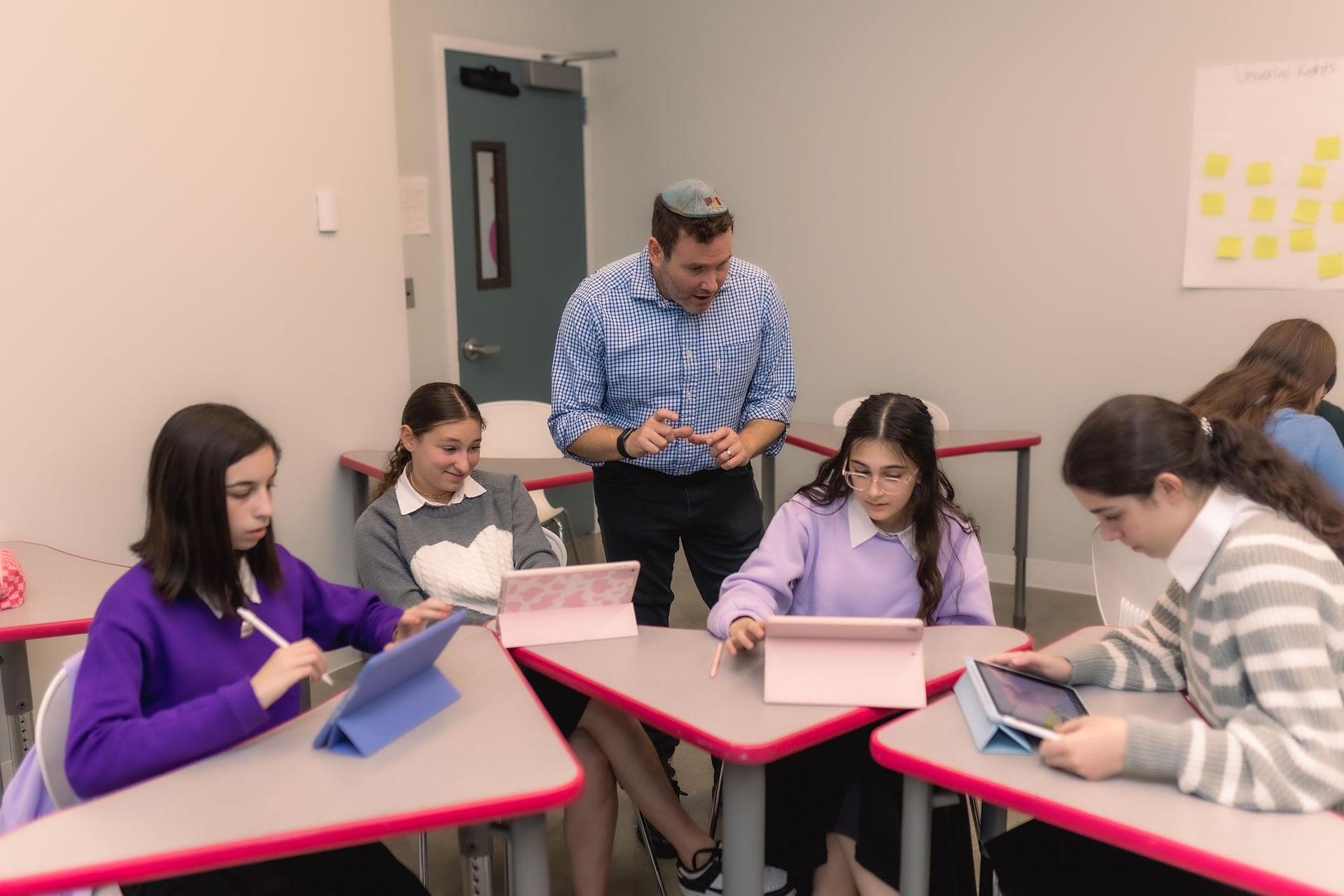History
Global I
Grade 9 begins with the Paleolithic Era and the development of the first civilizations, continues with an examination of classical societies, traces the expansion of trade networks and their global impact, and continues to a period of global interactions from approximately 1400-1750. The key themes emphasized in this course are interactions over time, shifts in political power, and the role of belief systems.
Global II
The second year of the two year Global History sequence culminates in the Global History Regents in June of the sophomore year. The course challenges students to consider varying viewpoints, to analyze, interpret and evaluate primary sources, and to integrate economic geography as a causal factor in our study of the past.
AP European History
Students examine the major themes of European history. Students will be challenged to analyze, interpret and evaluate the sources, to assess the complexities of issues, and to discover how historians reach conclusions about the past. Students must take the Advanced Placement Examination in May and, following the AP exam, they study additional units and prepare for the Global History Regents.
US History
Beginning with a survey of United States history and intellectual forces from 1607-1865, this course proceeds through five units focusing on the United States since 1865. At the end of the course, students must take the United States History and Government Regents.
AP US History
The Advanced Placement Course in American History is designed to provide students with the analytical skills and factual knowledge necessary to deal critically with the problems and issues in American history. The course prepares students for college by establishing expectations and challenges equivalent to those of a full-year introductory college course. Students must take the Advanced Placement Examination, after which they study additional units and prepare for the United States History and Government Regents.
Economics and Politics
Through the examination of competing theories of political power, students study the process by which public policy is established. The second semester introduces students to the workings of the American economic system. Topics will include supply and demand, the business community, consumer activities, the role of government, and international trade.
AP US Government and Politics
AP U.S. Government and Politics provides a college-level, nonpartisan introduction to key political concepts, ideas, institutions, policies, interactions, roles, and behaviors that make up the evolving political culture of the United States. Students will take a hands-on approach, learning and experiencing the responsibilities of being an active citizen.

